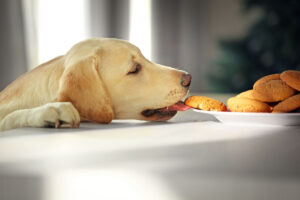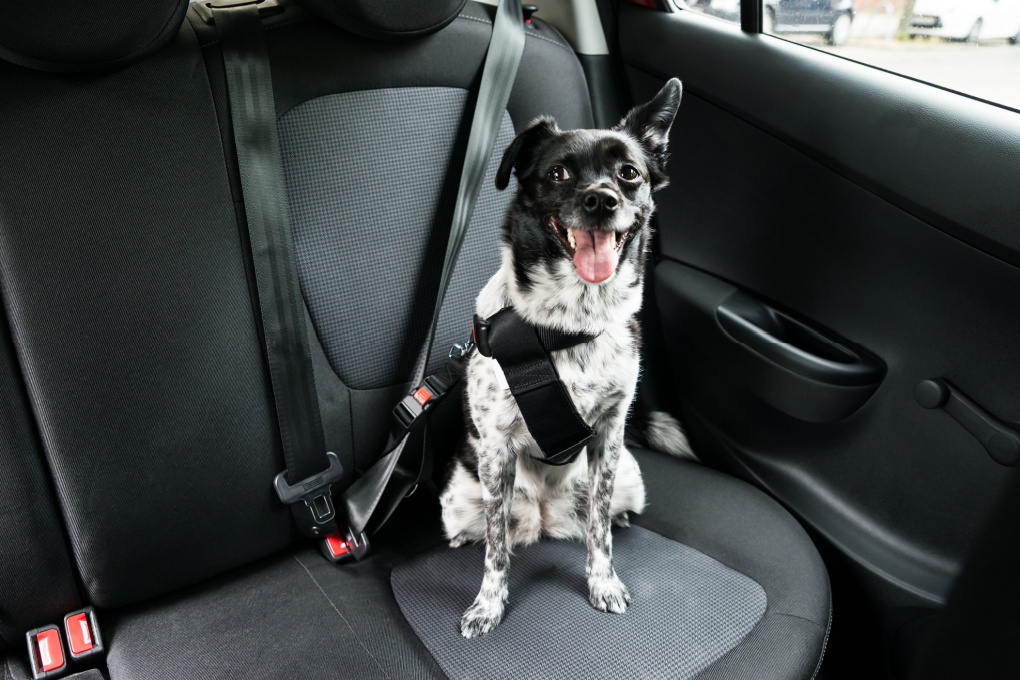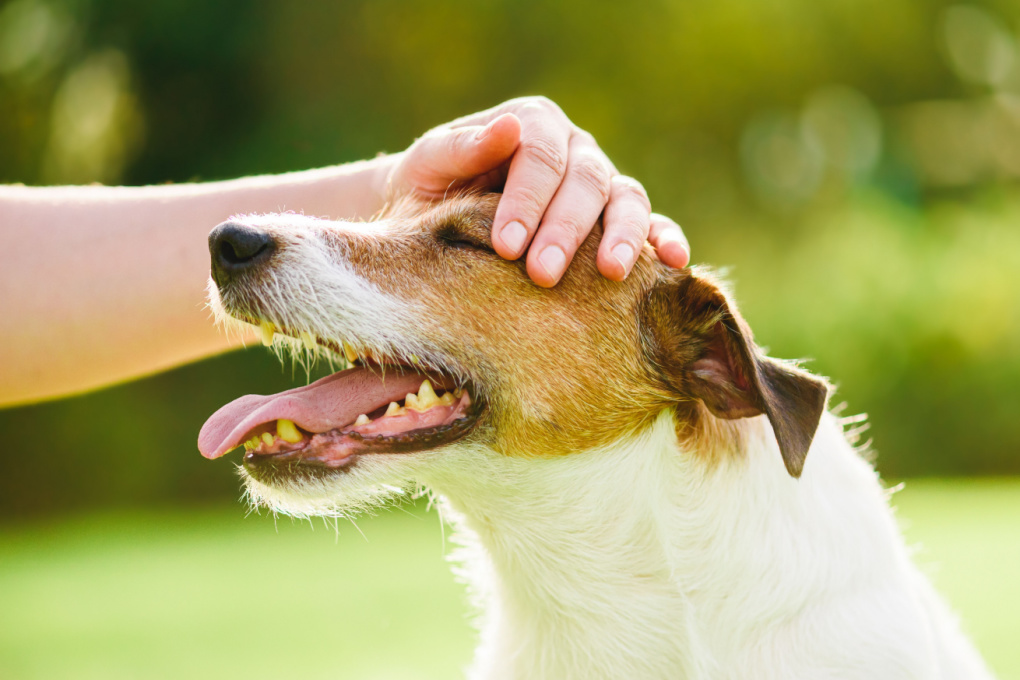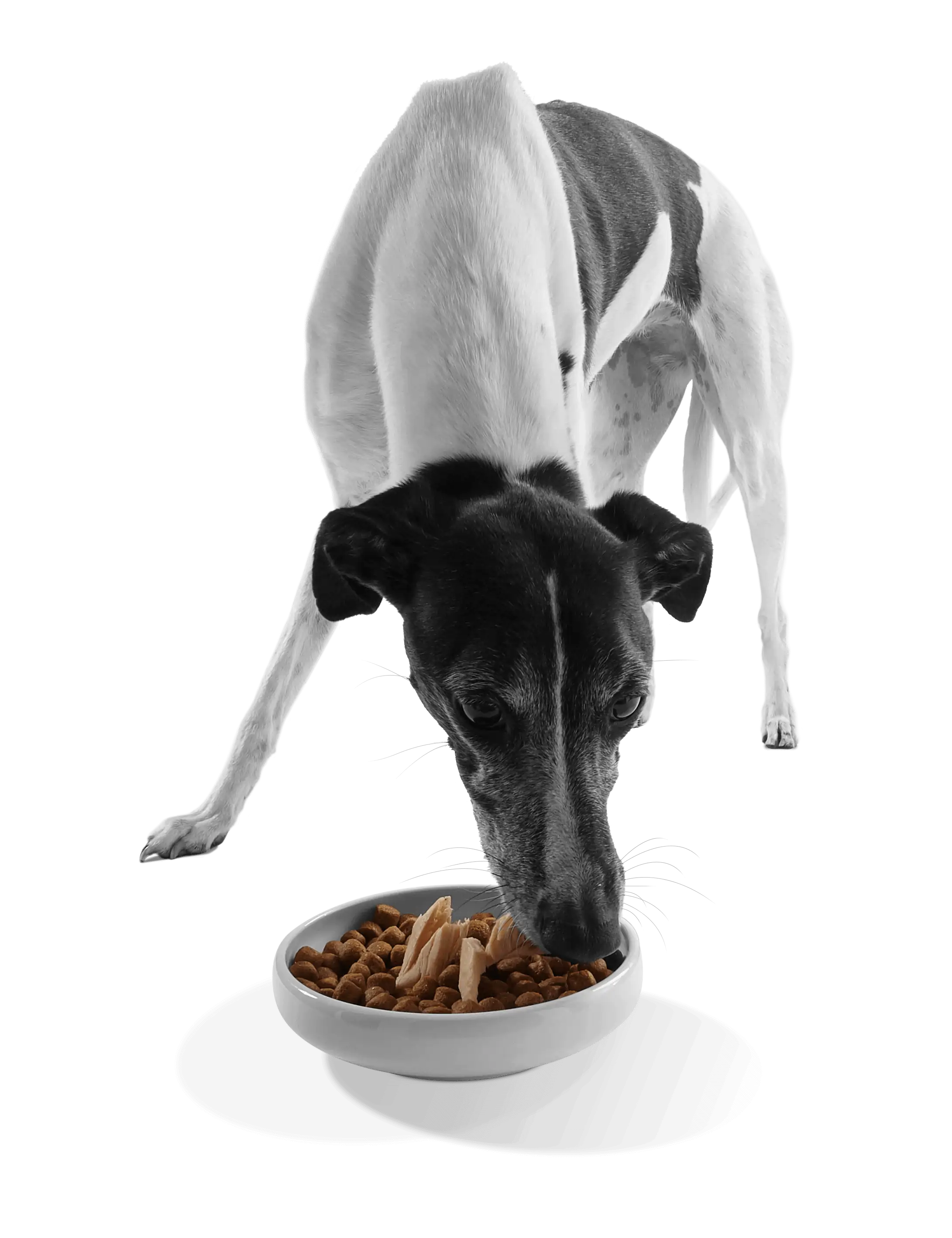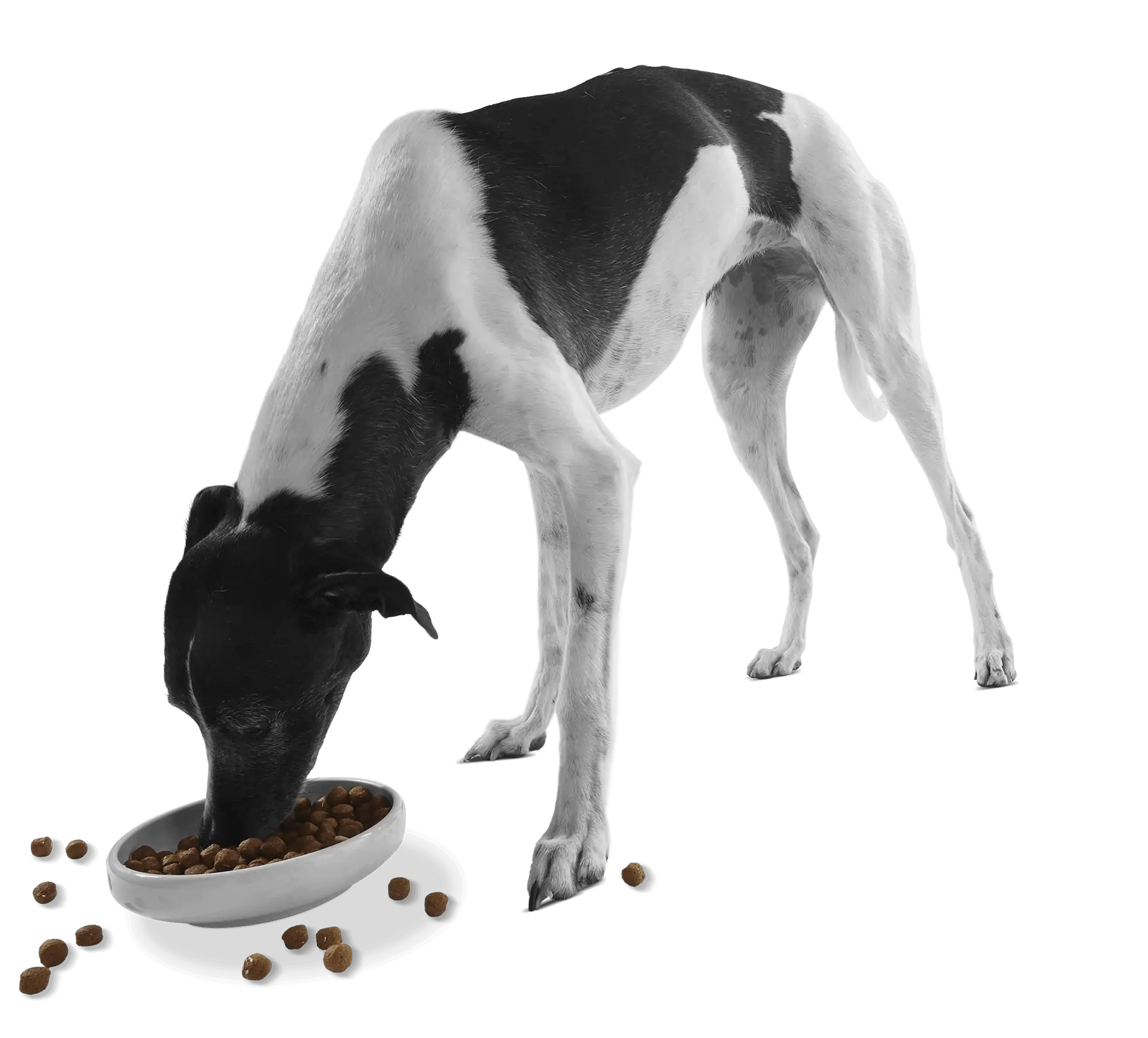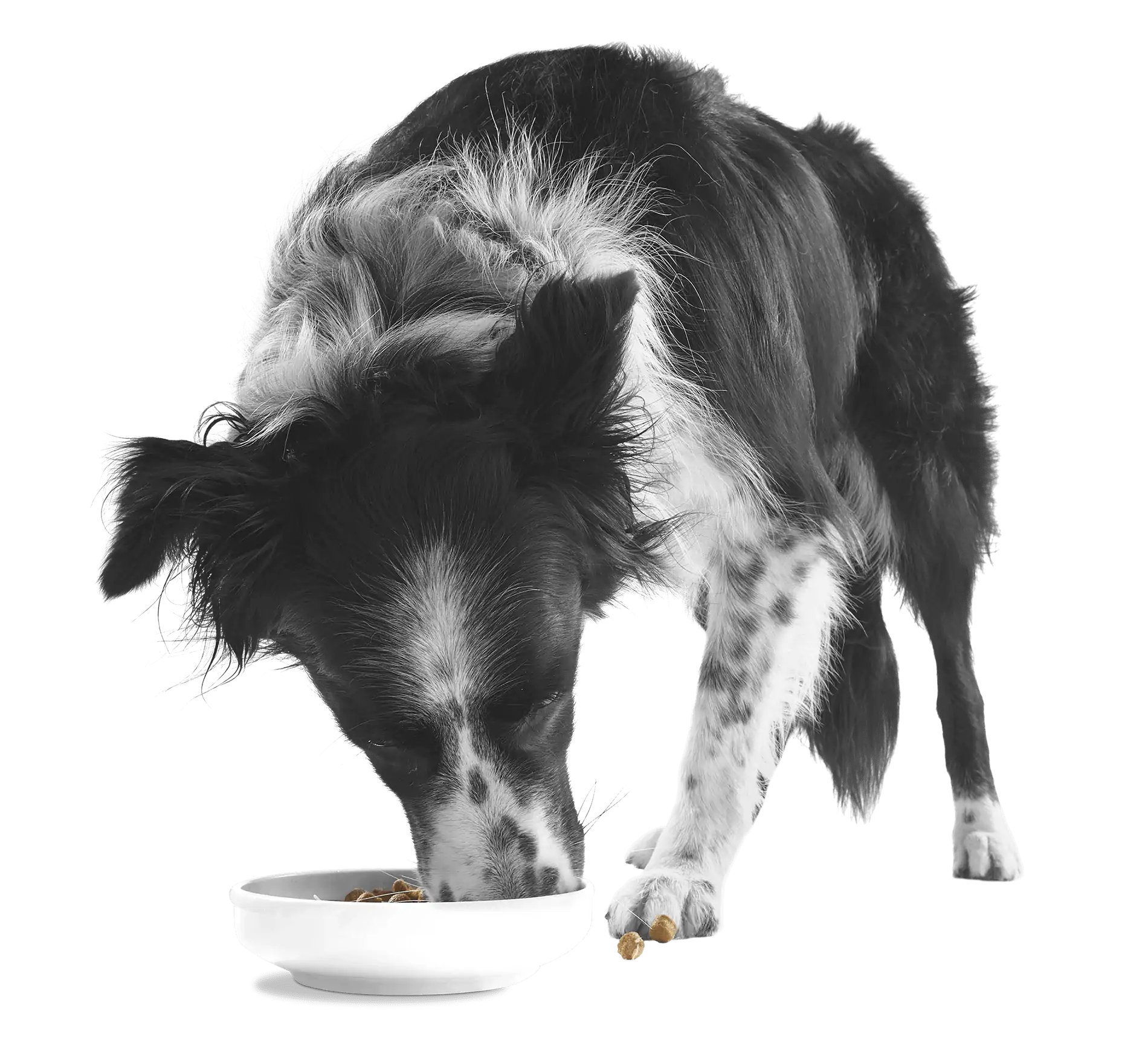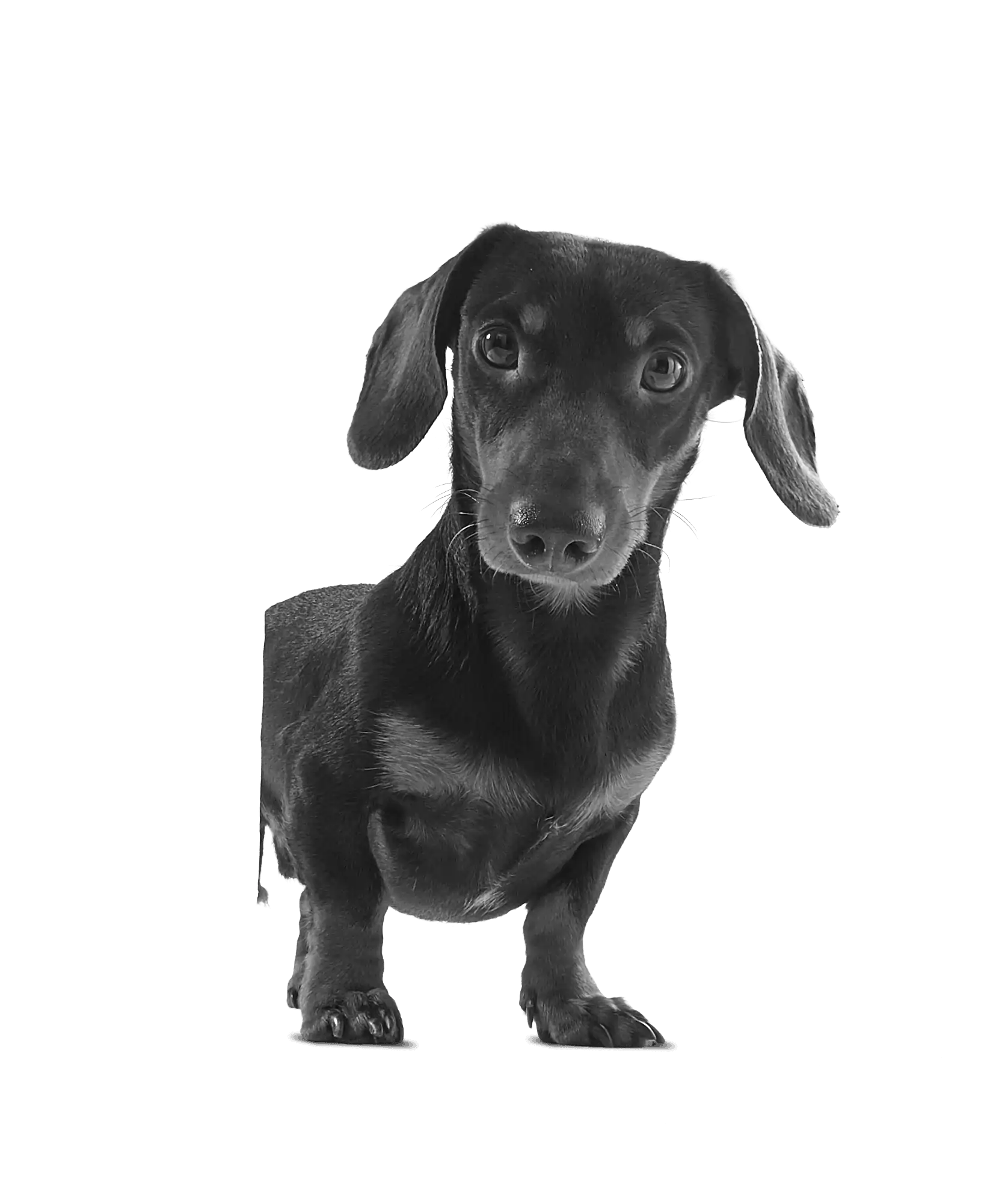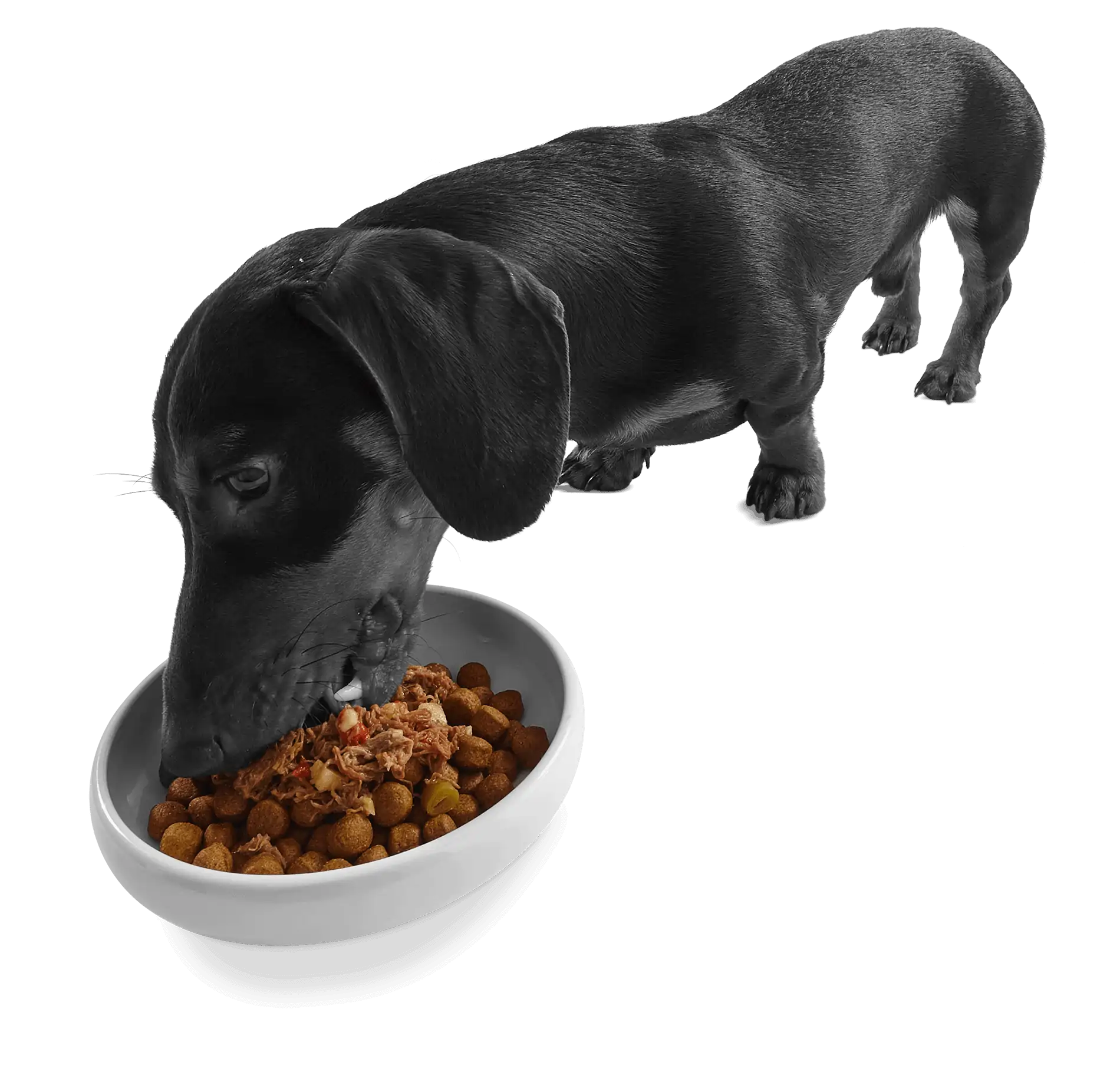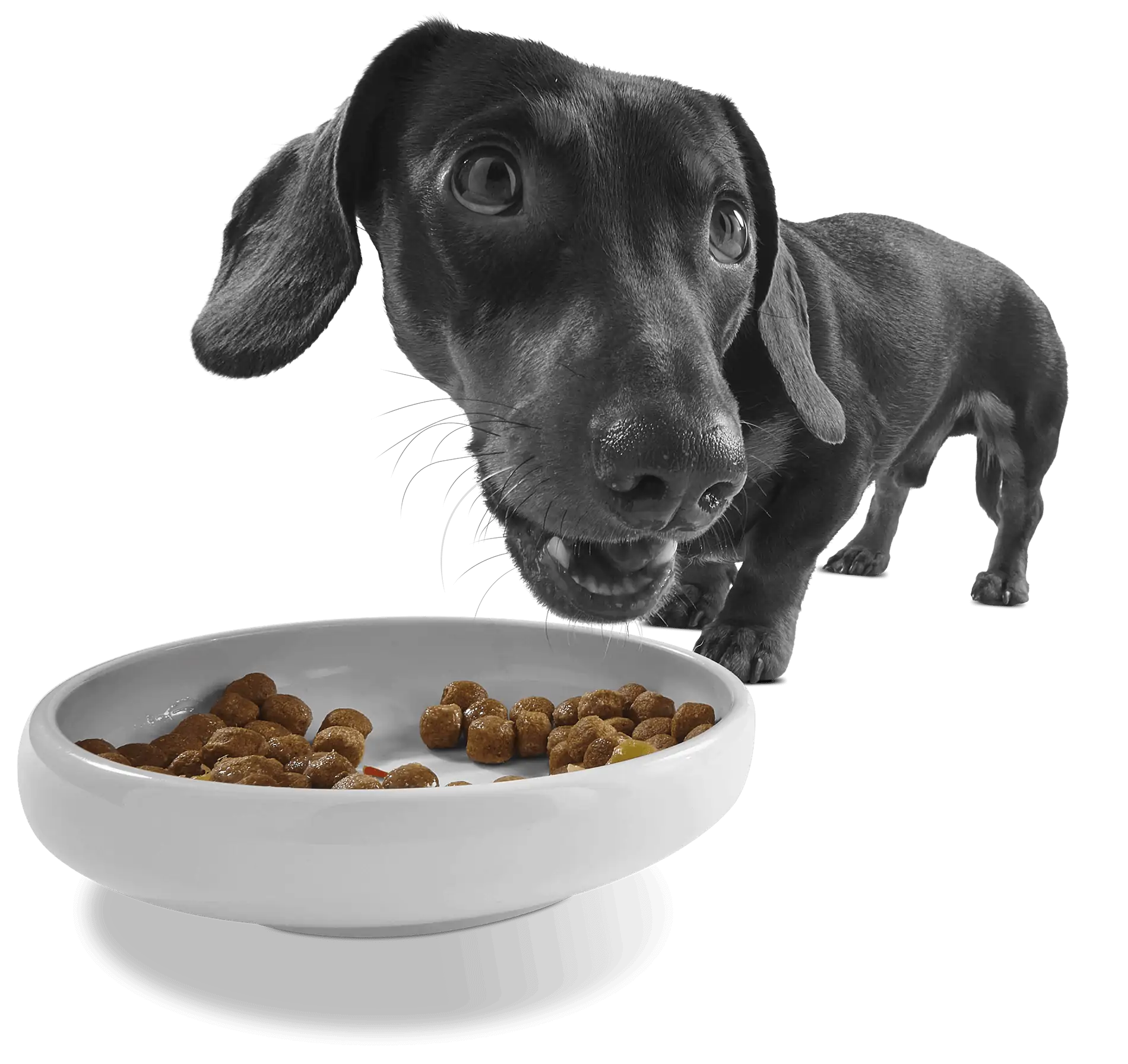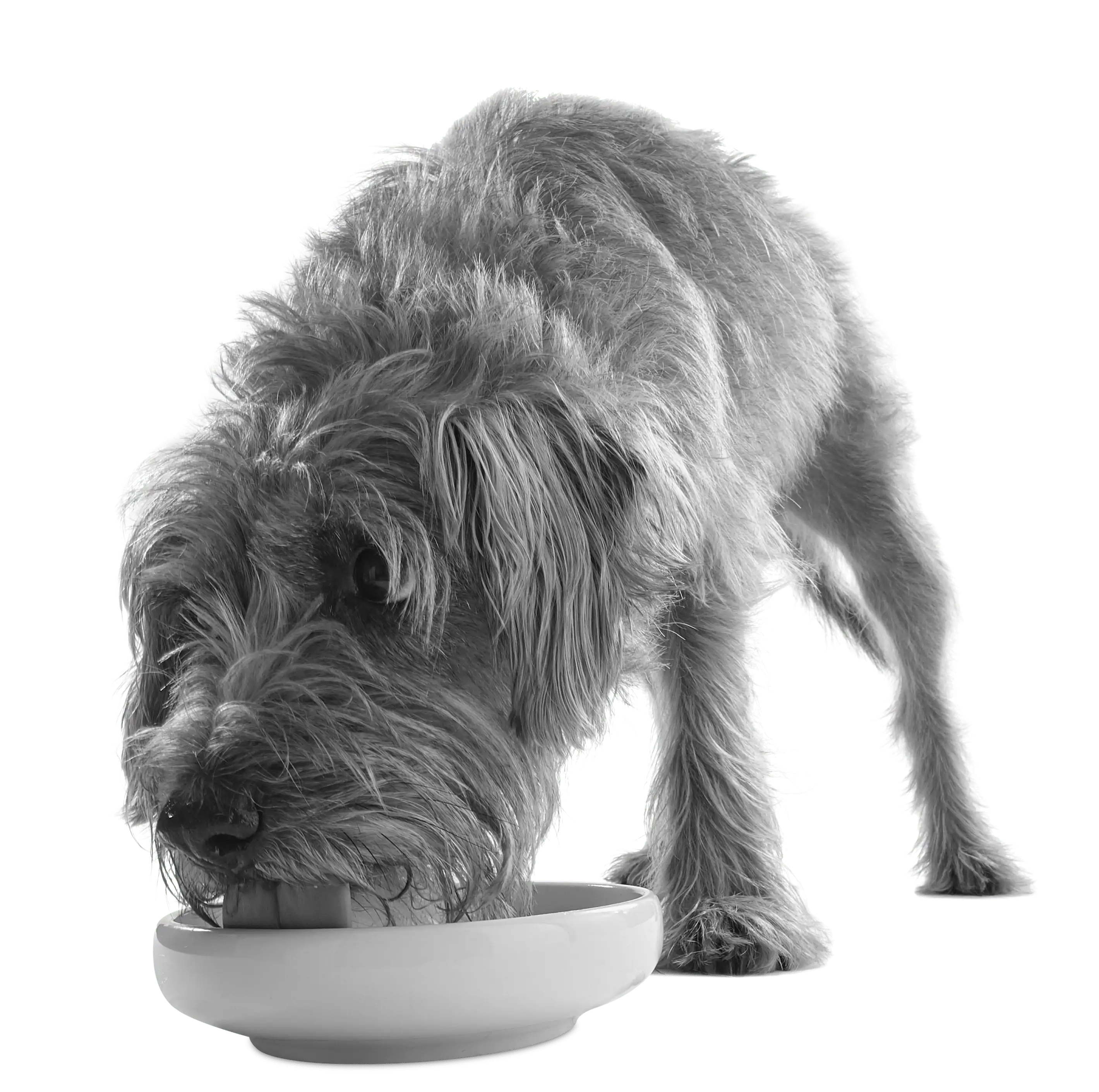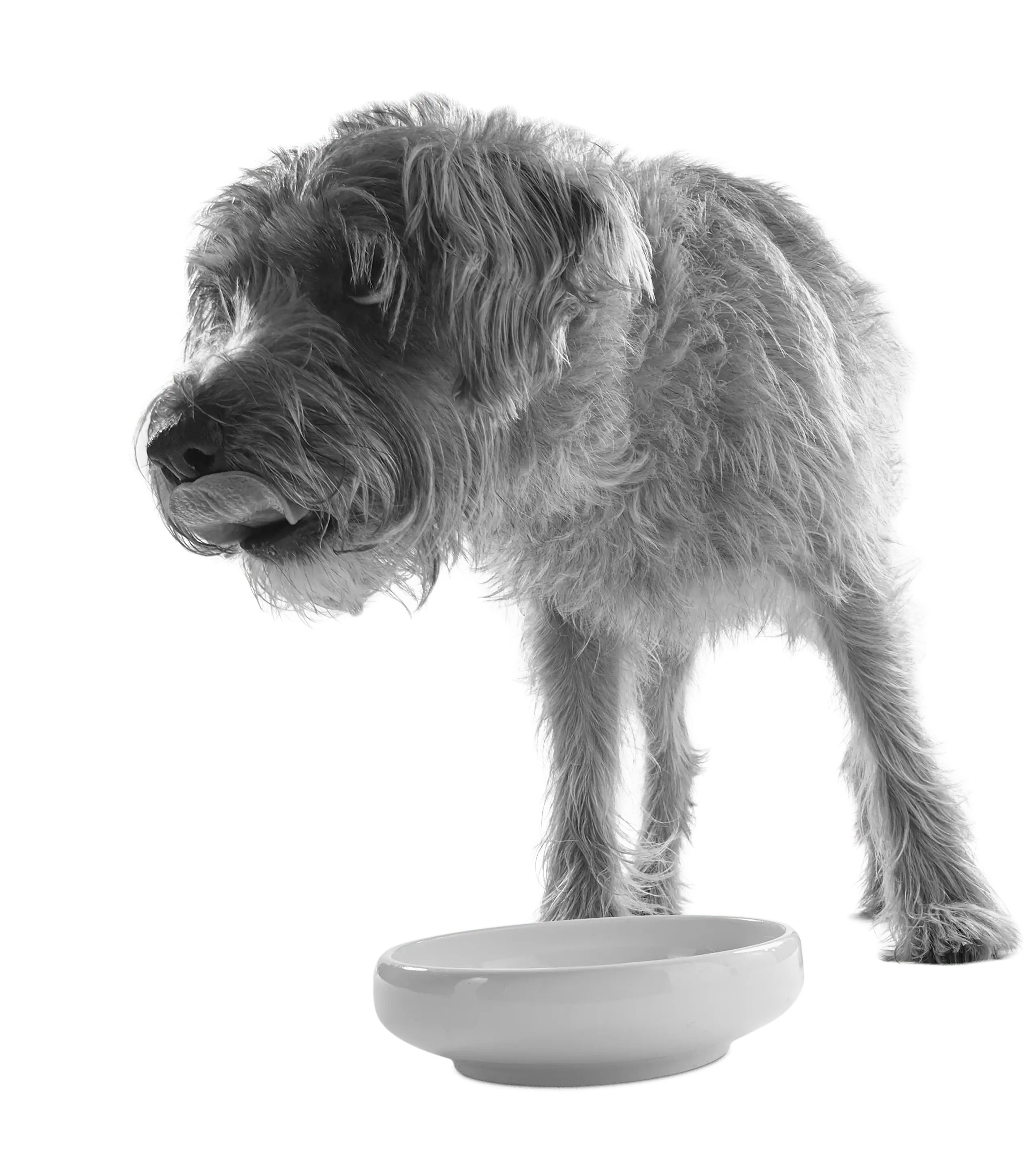You can’t beat a biscuit and a brew.
Whether you’re a dunker, or not, the biscuit is a British staple.
But you’ve got to be extra vigilant when armed with a packet of those crumbly treats because every more-ish morsel can be gone in the blink of an eye.
And, as we all know, that doesn’t end well for our waist-line.
Well, it’s no different for our treat-loving, sweet-toothed terriers, who will lap up anything on offer, particularly when it’s in beautiful biscuit form.
They can’t get enough of our eclectic collection, ranging from Digestives, HobNobs, shortbread, Jammie Dodgers, cookies, a modest Ginger Nut, the old school Rich Tea or classics such as Custard Creams.
Each one is as tasty as the next, but all contain devilish amounts of added sugar.
There might not be any real health or nutritional benefits from snacking on a biscuit, but they’re highly unlikely to harm your dog so can be enjoyed as an occasional reward for good behaviour.
Just be extra careful if your four-legged friend suffers from any wheat allergies or sensitivities to grains, in which case a homemade grain-free dog biscuit can be a more than adequate alternative, and always try to avoid chocolate covered options.
Are there benefits to feeding your dog a biscuit as a treat?
Pain relief: While there aren’t too many nutritional benefits associated with biscuits, they can come in useful as a treat. These sugary snacks provide essential fatty acids and a healthy dosage of glucosamine/chondroitin, which can help relieve joint discomfort or arthritis pain in older dogs.
Tasty treat: Biscuits aren’t only a super tasty, mouth-watering snack, they’re also a low calorie reward for good behaviour. They are perfect for training purposes, when shared as a positive reinforcement, and keeps your dog on track with a well-balanced diet. Feeding your favourite family member biscuits in moderation runs a low risk of causing weight gain, so they can continue to live a happy and healthy life.
Allergies: Because of the plethora of biscuit-y options on offer, you’ll always be able to find a type/brand that is kind to your dog and suits their needs. Our sensitive souls with digestive dilemmas can still enjoy grain-free, gluten-free, yeast-free, and corn-free alternatives, which is perfect for our well-behaved housemates. Pet parents should always read the label carefully and follow feeding guidelines provided by the manufacturer.
5 alternatives to biscuits as a healthy dog treat
1. Fruit
This healthy option generally contains a lot of sugar, so should only be fed periodically and in small quantities. Apples, bananas and blueberries are all high-class choices for your canine as they are a great source of dietary fibre and contain a crammed catalogue of vitamins and nutrients. Watermelon is also packed with nutrients, vitamins and is low in calories.
2. Vegetables
Another healthy alternative to biscuits that is high in fibre, but also contains a high sugar count. Brussel sprouts aren’t just for Christmas, they’re for life, because they’re rich in fibre and antioxidants, which help reduce inflammation in the body and improve overall blood circulation and digestive health. Carrots, green beans, pumpkin, spinach and sweet potato are also high on the list of healthy alternatives for your fur babies.
3. Peanut butter
A relatively ‘left field’ option, but this nutty nip of nutrition is the professor of protein-based dog treats. Our fur babies just can’t get enough of the taste and texture of this spreadable snack, though it’s important to keep an eye on which type you choose to feed them. Try to avoid using peanut butter that is high in salt and sugar and contains artificial sweeteners. The latter can cause severe sickness and, in more extreme cases, fatality, so be extra cautious.
4. Meat
There’s nothing not to like about lean meat. Dogs can’t get enough of it, it’s packed with goodness and it keeps our pups fuller for longer. Not only is it scrumptious, but it’s a dream to digest. It also helps the muscle-building process and contains omega-6 fatty acids to give their skin and coat a healthy glow. Give plain boiled chicken breast with no added seasoning a try.
5. Applaws products
The Applaws dog food range has a little bit of something to suit every dog’s nutritional needs. Our offerings contain natural ingredients, all of which are of the absolute highest quality, to provide your pet with the tastiest recipe possible, whether it’s at mealtime or as a tantalising treat. You won’t be able to stop your dog’s tail from wagging once they try our range of pates, jellies, broths, mousses and toppers.
Can biscuits be dangerous to dogs?
Biscuits, in general, are a pretty harmless snack for your four-legged friends to consume, if offered in moderation.
Too many sugary snacks in one sitting, and repeated for a period of time, can cause your dog to pile on unnecessary pounds.
Obviously, in this scenario, it is the threat of overfeeding and overindulgence that is the issue, rather than the biscuit itself.
But there are occasions when the crumbly treat can be the main offender, and compromise the health and well-being of your best friend.
Try to avoid snacks that contain chocolate or raisins as they contain a type of sugar called xylitol, which can be poisonous to dogs.
In fact, chowing down on these forbidden foods can cause their blood sugars to plummet dangerously low, and this makes them susceptible to seizures and other debilitating problems.
Also, be wary of what type of biscuits you are feeding your dog if they have developed any form of allergies or intolerances. If your dog takes a turn for the worse after eating a biscuit, or is displaying unfamiliar traits, contact your veterinarian immediately.
Always focus on your dog’s diet and nutrition
It might be a recurring theme, but pet parents are ultimately in complete control of their dog’s destiny, particularly at mealtimes and the periods of snacking that fall in between.
A canine’s human companion can be their worst enemy when we’re talking about diet and nutrition but, at the same time, they can just as easily be their best friend.
Our beautiful ‘barkers’ can’t eat, and won’t eat, unless something has been dished out into a food bowl or a wayward scrap has been inadvertently left in their path.
Those that master the art of maintaining a complete and well-balanced menu, even when snacks are factored in, will no doubt have the company of a happy and healthy dog.
The offenders that accidentally overfeed their famished flatmates, on the flip side of the coin, run the risk of driving them towards obesity and ill health.
Just remember, most treats are okay providing they are handed out in moderation.
Take a look at the following related articles for further on reading on what your dog can (and cannot) eat:




